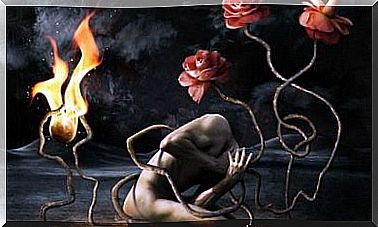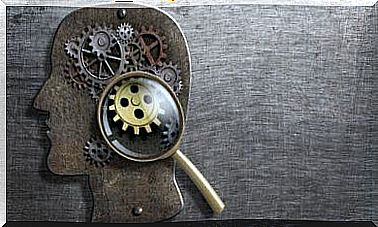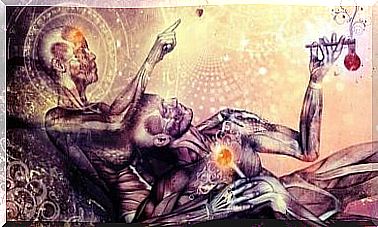Meeting The Enigmatic Déjà Vu

“I feel like I’ve already lived through this…” This is one of the most used phrases to refer to those situations that, for some reason, it seems we’ve already lived in the past. It can occur anywhere and in the course of any activity: walking, chatting in a bar, watching a movie or traveling by car, and it tends to intensify more and more before disappearing completely.
If you identified with the above statements, or if you’ve ever uttered the sentence we started the text with (or a similar one), it means that you’ve already had déjà vu.
The actuality of the phenomenon
The term déjà vu comes from the French language and its meaning is “already seen”. Overall, it happens to 65% of people, with a greater preponderance in individuals between 15 and 25 years old. Little is known about this mysterious phenomenon, since it is a fleeting, sudden sensation that does not need a medical condition to happen, which makes it an object of difficult study.
Today, this phenomenon remains an enigma and a constant challenge for all fields of science that relate to the study of the mind, body and human health.
The points we are sure about
The certainty that is known in relation to this phenomenon are very few, let’s see:
– The common denominator is that we are all aware that déjà vu is happening, which implies that it is necessary to have the participation of the whole brain for it to happen.
– Scientific researches have shown that déjà vu comes from several alterations of the temporal lobe, so a correct stimulation of the renal cortex can induce this phenomenon.
– As stated in a research published in the Journal Clinical Neurophysiology , the synchronized action of the renal cortex, the hippocampus (involved in creating memories) and the cerebral amygdala (involved in the aspect of emotions) results in the formation of a déjà vu. This was proven through a study carried out in epileptic patients, in which the phenomenon was induced by electrical stimuli.
Theories on how déjà vu works
There are several ways to explain this phenomenon, most of them come from the field of neuroscience.
Some experts claim that déjà vu occurs when our brain tries to generate integral conceptions of reality, but with limited inputs. Memory works by taking fragments of sensory information in order to bring a specific memory into the present. In this case, déjà vu would be a mixture of these sensory inputs with the memories brought to the present.
On the other hand, a very popular theory guarantees that déjà vu is the cause of a sporadic malfunction between long-term memory and short-term memory, filtering information in the storage and transfer mechanisms. This means that, when going through a new experience (stored in short-term memory), we could unconsciously resort to an old memory, combining it with the experience of the present.
There is also another similar theory that states that déjà vu is an “error in time”. This means that present sensory information may be tracking an experience stored in long-term memory, which has, as a consequence, a delay in present processing and an interconnection with the sensory past.
In conclusion, although the cause and precise mechanisms of this strange phenomenon remain a mystery to this day, don’t worry if it happens, as there is nothing wrong with you. On the contrary, enjoy the moment and enjoy this strange sensation, which never ceases to amaze.









